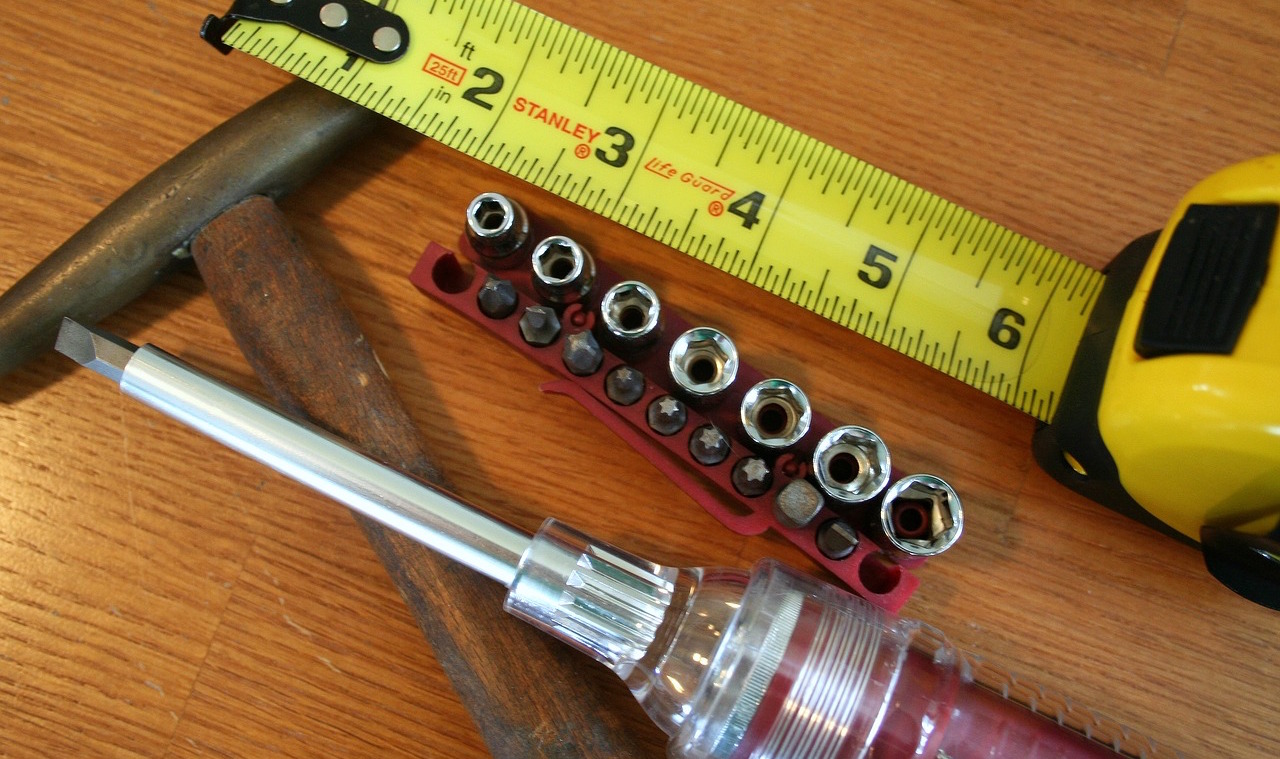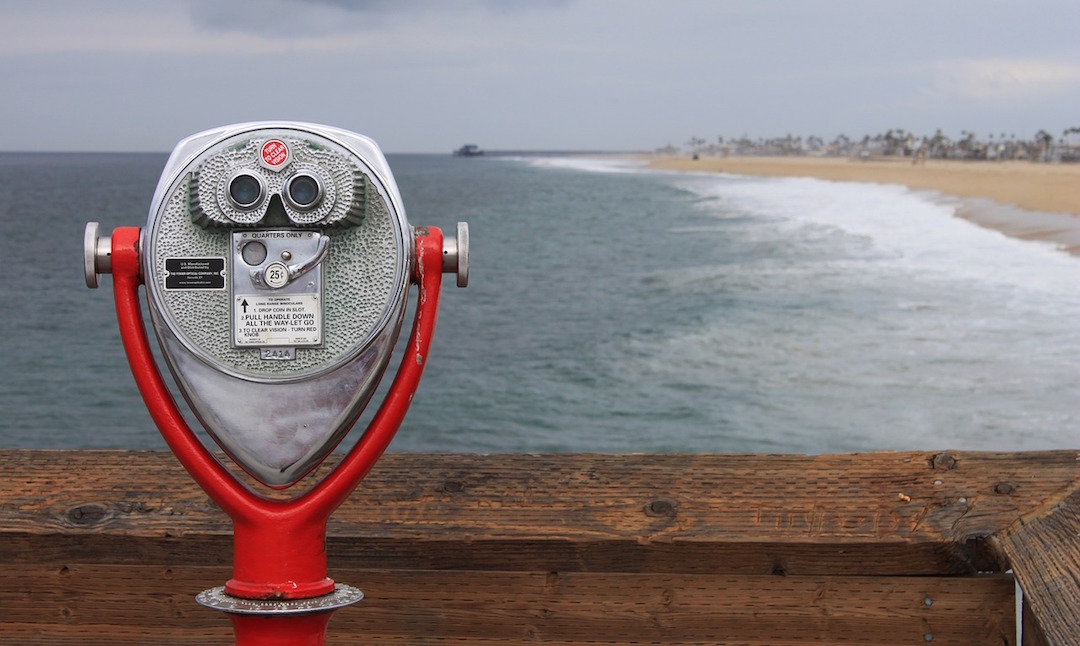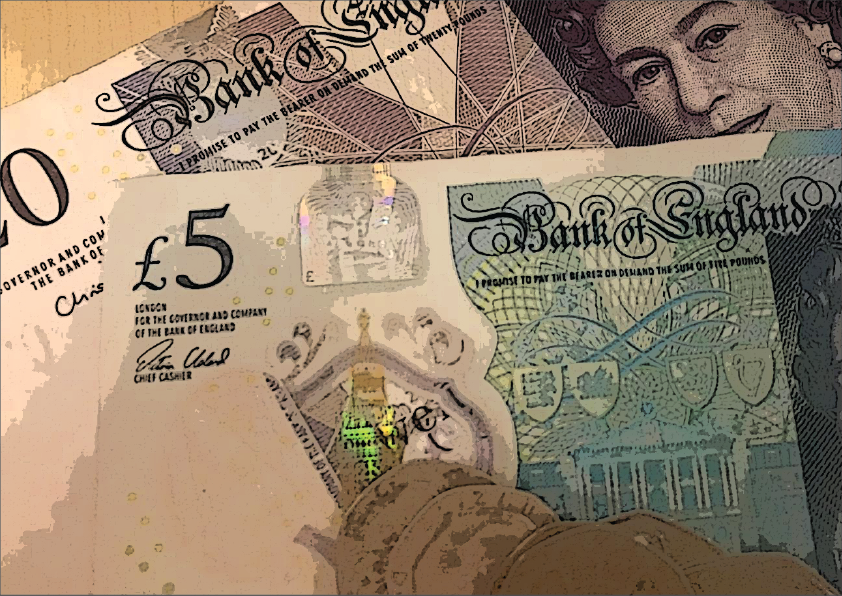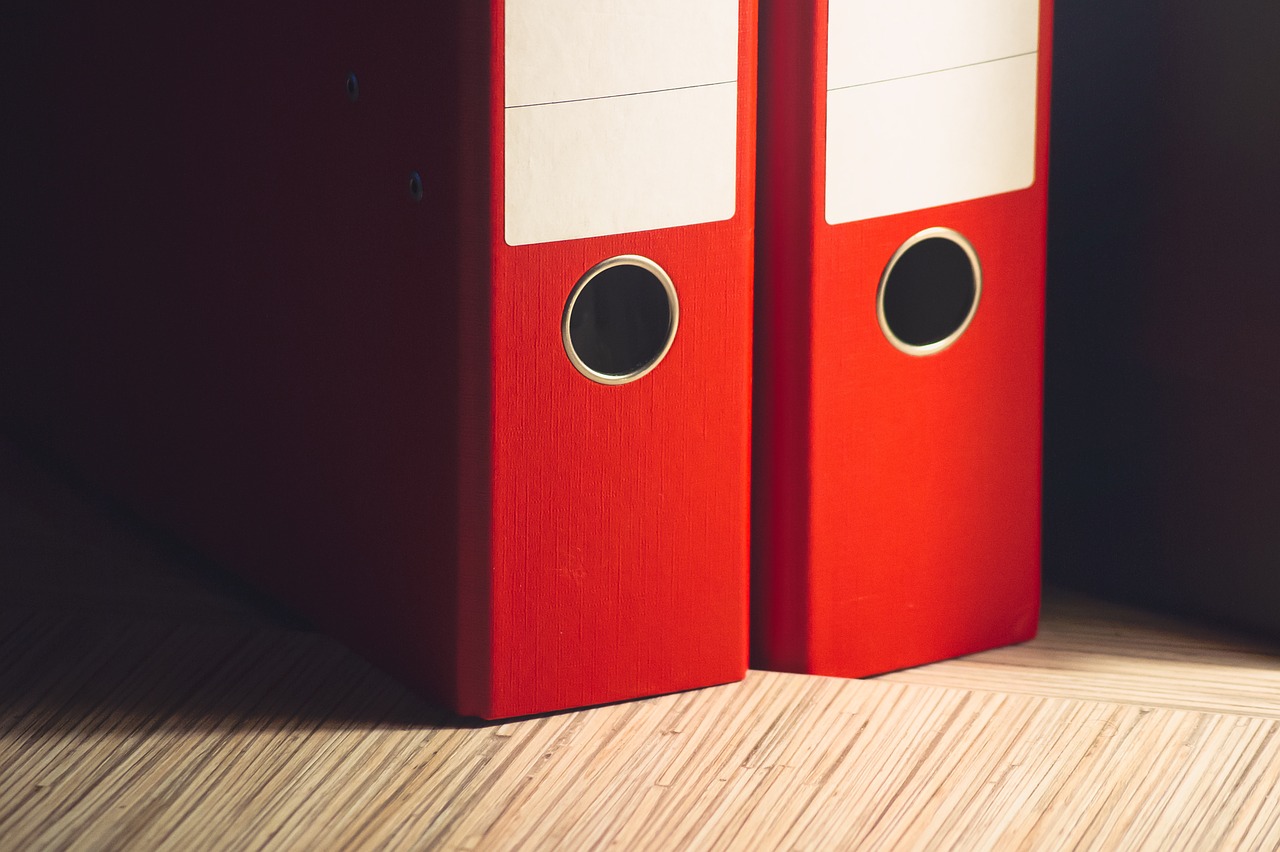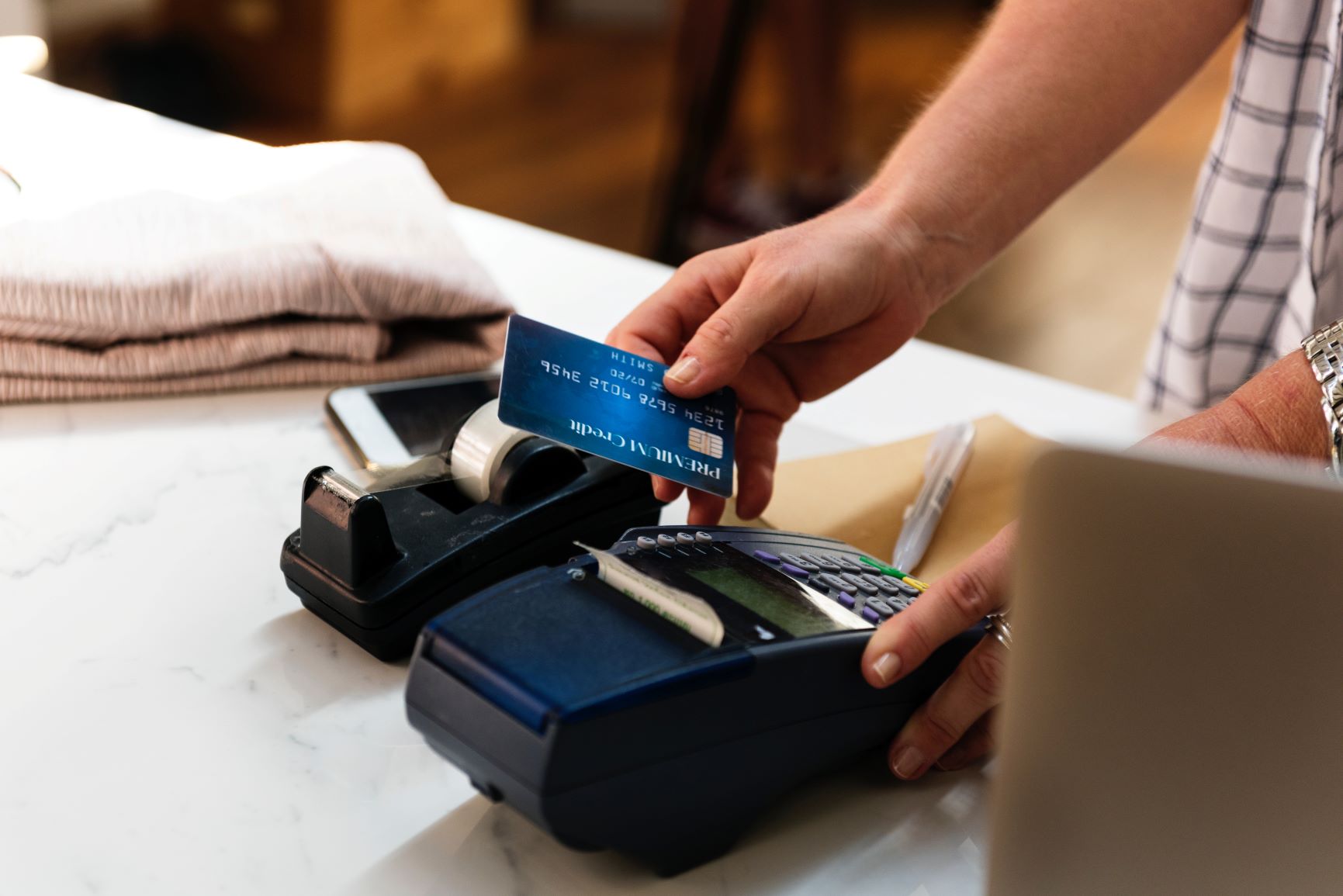If you are someone with no credit history, you’re not alone. Many people won’t have thought much about building their credit – not everyone has the need to borrow money, especially when they’re young. But having good credit is surprisingly important, and in ways you might not expect. Read on to find out why your credit file matters and the best ways to build credit fast.
What's Included?
Why is it important to have good credit?
If you’ve never used credit before, even if you’ve always had enough money to cover your expenses, lenders will be wary of letting you borrow. This may seem strange, but what lenders want to see is that you know how to manage credit well. Only then can they trust that you’ll pay back what you owe.
Building your credit helps you to borrow when you eventually need it. When you apply for a loan for a business or a car, or you need a mortgage for a home, you are more likely to get accepted if you’ve managed your credit file well.
Plus, if you have good credit, lenders will be more likely to give you a better deal. If your credit is in great shape, you can access lower interest rates, for instance, or higher credit limits. This means you can end up saving money, and getting more of what you want.
Your credit doesn’t just affect your ability to borrow – it can have an impact on a number of different parts of your life. It could affect the kind of phone you can get, your job application, whether a landlord will accept you as a tenant, and what type of deal you get from utilities and insurance providers.
You can read more about why your credit file really matters here.
So what are the best ways to build credit fast?
There are a few quick credit hacks that everyone should know. If you have no credit history, you can follow these 5 ways to build credit and start to build a great foundation for your credit file.
1. Register to vote
Although it may at first glance seem irrelevant, your voter status is actually very important for building credit. In fact, many lenders will simply refuse anyone who is not signed up to the electoral register.
This is because lenders see your voter status as a sign of stability, and it helps them to verify that you are who you say you are. Lenders will also take into account how long you’ve been registered to vote, so the sooner you sign up the better.
This is a super simple way to build your credit fast. It’s quick and easy, and it doesn’t cost anything. You can register to vote online here: https://www.gov.uk/register-to-vote
2. Open a bank account
Setting up a current account will help to build up your credit file, particularly if the account includes an overdraft (which is a basic form of credit).
Some banks offer new customers an interest-free overdraft in the first year, which can be helpful if you only need a small amount of credit for a few days. But it’s better to avoid using the overdraft if you can help it – this can be a sign to lenders that you are struggling financially.
3. Get a mobile phone contract
Not everyone is aware that your phone contract actually contributes to your credit. Lenders trust people who use a contract more than individuals on pay-as-you-go. This may seem like an arbitrary rule, but it’s something that’s easy to address, so no complaints here!
In fact, some lenders will outright refuse an application just for this reason. So if you’re planning on borrowing money or getting a credit card, it is worth making sure you have a mobile phone contract first.
4. Get a credit card
A credit card can help you build your credit in several different ways, so long as you use it responsibly.
Lenders prefer people with a higher number of existing borrowing accounts, because these accounts show that lenders have already decided to trust you – like a vote of confidence.
Also, lenders like when individuals have a good ‘credit mix’, which means they use a variety of different forms of credit. If this is your first credit card, it will boost the number of types of credit you use.
Most importantly, making credit card payments can help you build up a strong payment history. If you have a history of making repayments on time, it shows lenders you can be trusted to do so in the future.
If you’re worried about getting into debt, you definitely don’t need to spend big on your card. You can just pay for smaller regular expenses on your credit card, such as your weekly groceries. As long as you charge small amounts to your card each month and keep the account open, you will build your credit.
You can make sure that you pay off the bill on time each month by setting up a direct debit. This way, you don’t pay any interest, and can still build a strong payment history.
5. If you have a credit card balance, pay over the minimum repayment
Paying just the minimum repayment on your credit card hurts your credit in a big way. This is because it’s a sign of poor affordability – it makes it seem like you can’t afford to pay any more, and therefore can’t afford to borrow.
If the last payment on your card is a minimum payment when you make an application for credit, it can hurt your borrowing chances. And lots of minimum payments in the past year make lenders think you may be struggling with your finances in the long-term.
Paying even just 1% above the minimum repayment will make a significant difference to how lenders see you. So unless you are truly skint, this is a quick and easy way to build credit fast.
What next?
If you have no credit history it can be hard to know where to even start. At Credit-Score, we give you a score that lines up to what matters when it comes to credit: how lenders really see you. Not only this, but we’ll show you personalised tips based on your unique credit file, so that you can see what you can do to boost your score.
Sign up today! It’s fast, and costs less than £10.
Last updated by Robert Edwards, May 2022
